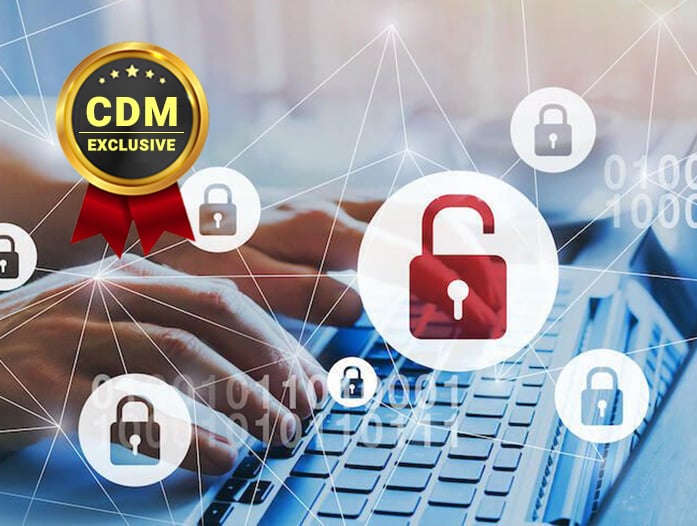By Reuven Aronashvili, CEO and Founder, CYE
As cyberattacks continue to increase in size and complexity, it is likely that your organization’s security budget will have to increase as well. In fact, companies that do not take decisive action to reduce cyber risk could be subject to business loss, potential breaches, lawsuits, regulatory penalties, and loss of reputation and customer trust. It is really no wonder, then, that according to Gartner, the global information security market is predicted to grow to $170.4 billion this year.
Yet since an effective cyber risk strategy often translates into additional costs, moving forward will require presenting a compelling case to your board. Here are the key steps you can take to accomplish this.
Map costs
The first step is to put a dollar value on the possible cost of a cyberattack to your organization. This can include the value of data that may be stolen or encrypted, the cost of shutting down an assembly line or website for days or weeks, and even the price of extra labor performing tasks manually instead of digitally. In addition, you should consider third-party costs, including the price of reporting data breaches, legal fees, and possible regulatory penalties.
Unfortunately, most organizations do not do this adequately, and instead opt to speak about vague dangers such as “ransomware” or “data breach” without providing essential details. To communicate the actual cost of your company’s cyber risk, you should endeavor to be as specific as possible about possible costs.
Identify threats
After you understand the possible cost of a cyberattack, the next step is to identify vulnerabilities that could pose a threat to your organization. To achieve this, it is necessary to perform a comprehensive cybersecurity assessment that not only uncovers your cyber gaps, but prioritizes which ones are the greatest risk to your company.
An effective solution will present the actual costs of not addressing your cyber threats. At the same time, your assessment should be able to specify the costs of remediation. This way, you can make informed decisions based on the impact the threat could have on your organization, versus how much it would cost to eliminate it.
Companies should also consider which of their assets are likely to motivate cybercriminals. Understanding which assets are most valuable to attackers will allow the company to focus on protecting certain types of assets and avenues of attack, and budget to hire a team with relevant experience. For example, a company that is likely to be targeted by state-level actors should be considering recruiting professionals with military or government backgrounds.
Present your case
Understanding your cyber threats and costs will make it possible to create a realistic cybersecurity budget that you can present to your company management and board. This plan should focus less on purchasing endless amounts of tools that promise to close cyber gaps, and more on protecting assets that are the most crucial to vital business operations. There will always be some cyber risk; the goal is to focus on addressing the risks that are the most potentially damaging to your organization.
This is when the CISO’s role is truly crucial because it will be important to explain why ultimately, cybersecurity costs are wise investments for the organization. By quantifying cyber risks, a CISO can present an optimized budget plan and receive executive backing for purchasing the right resources to protect business assets.
About the Author
 Reuven Aronashvili. CYE. CEO and Founder
Reuven Aronashvili. CYE. CEO and Founder
Reuven is a serial cybersecurity entrepreneur and a national cybersecurity expert. Reuven is an ex-Matzov and a founding member of the Israeli army’s Red Team (Section 21) and Incident Response Team. His expertise is in designing and developing innovative security solutions for governments and multinational organizations around the globe, as well as conducting high-profile security improvement programs. Reuven serves as a trusted advisor for executives in leading Fortune 500 companies and is certified by the US Department of Homeland Security as a world class ICS and SCADA cybersecurity expert. Reuven completed his Master’s degree in Computer Science from Tel-Aviv University, as part of an excellence program during his military service
Reuven can be reached online at (EMAIL, TWITTER, etc..) and at our company website CYE – Premium Cybersecurity Solutions (cyesec.com)





 We are in our 11th year, and Global InfoSec Awards are incredibly well received – helping build buzz, customer awareness, sales and marketing growth opportunities, investment opportunities and so much more.
We are in our 11th year, and Global InfoSec Awards are incredibly well received – helping build buzz, customer awareness, sales and marketing growth opportunities, investment opportunities and so much more.